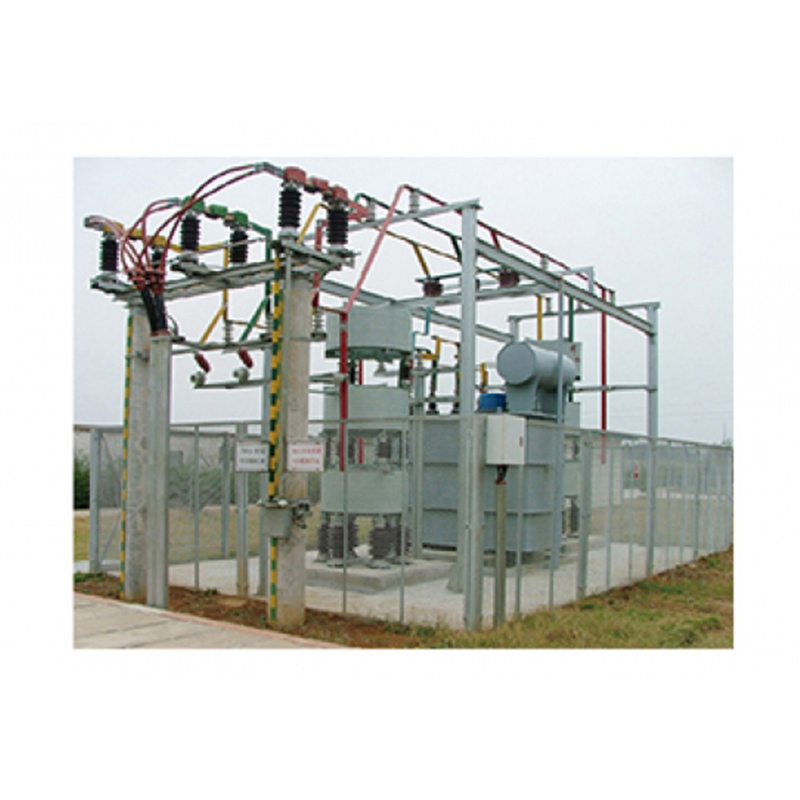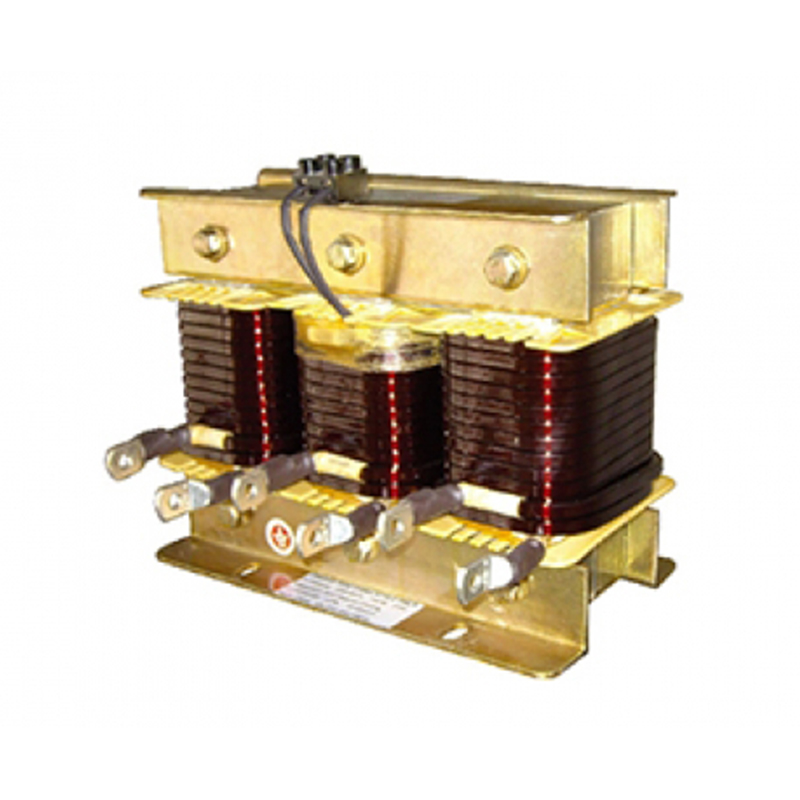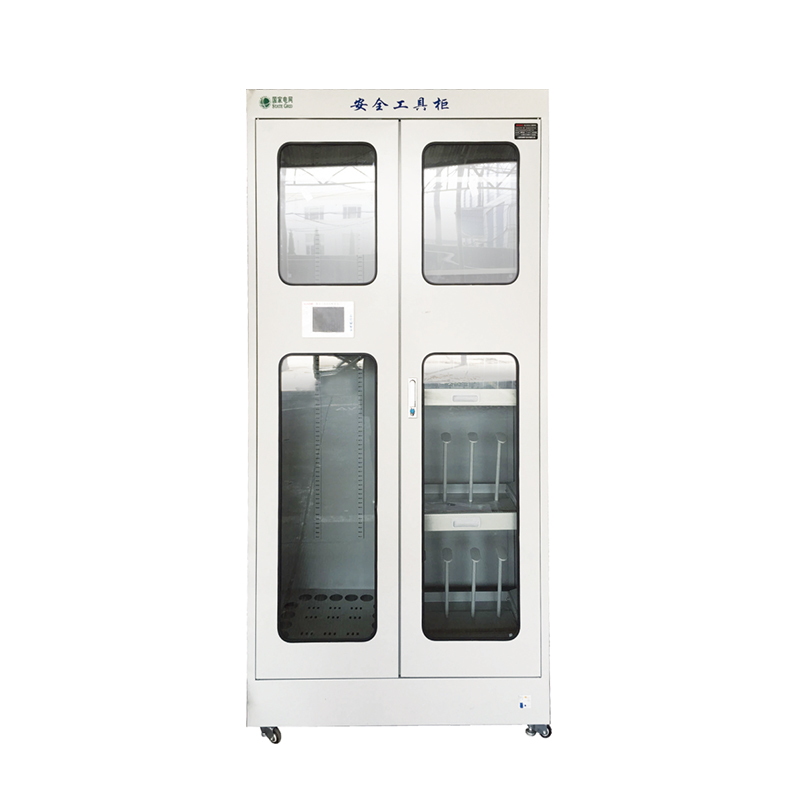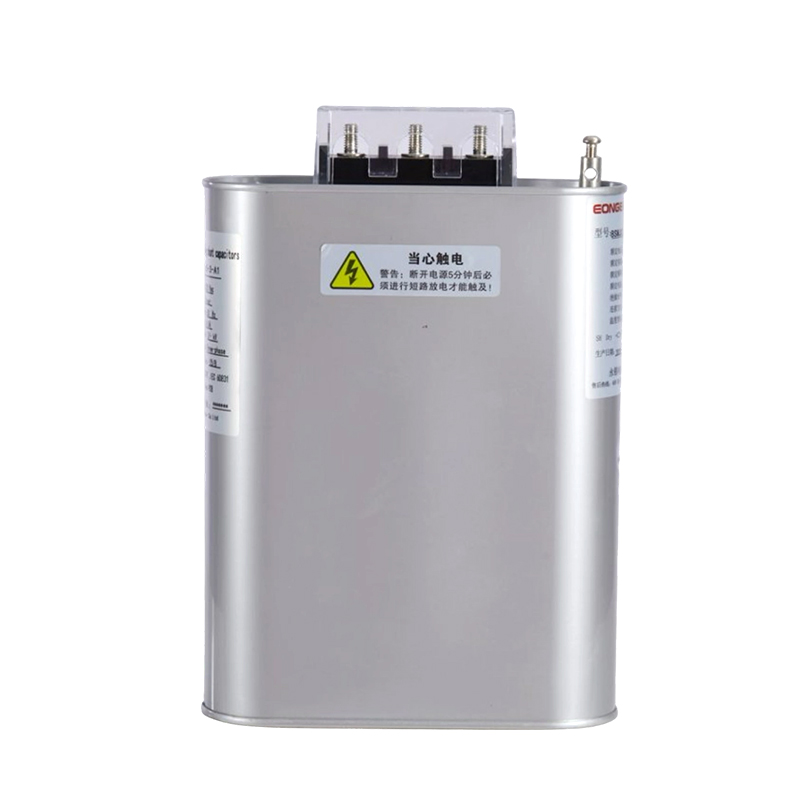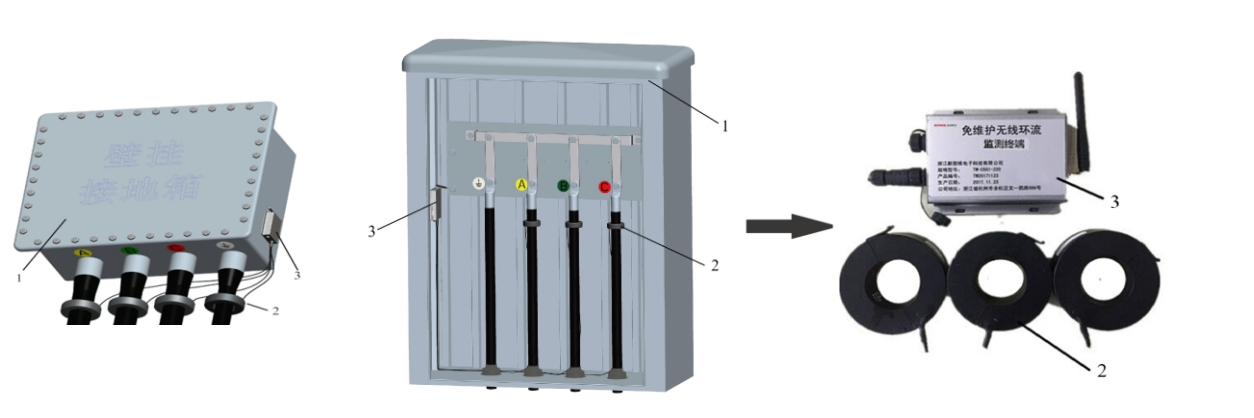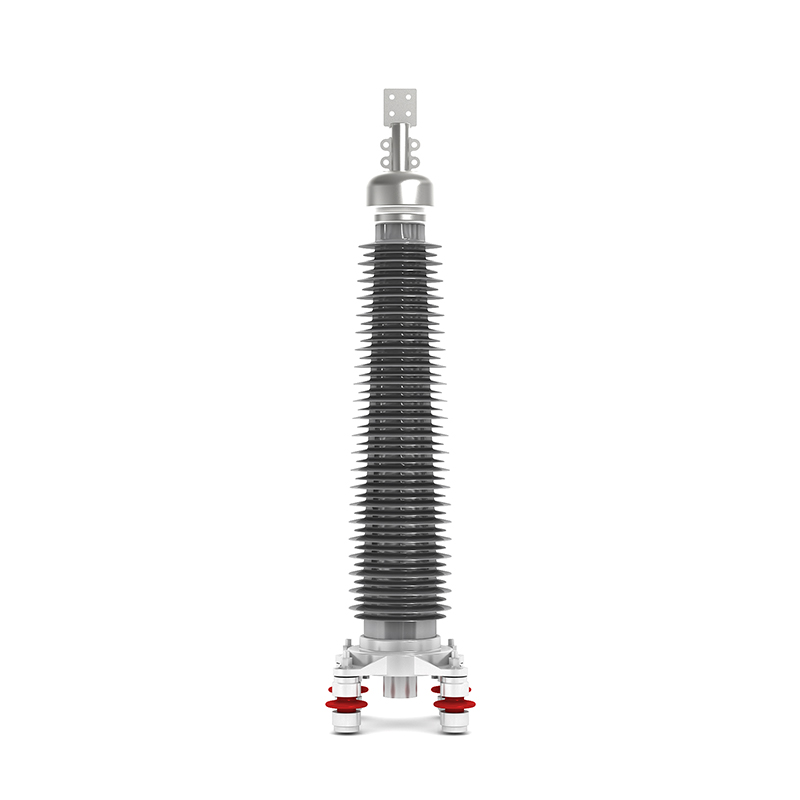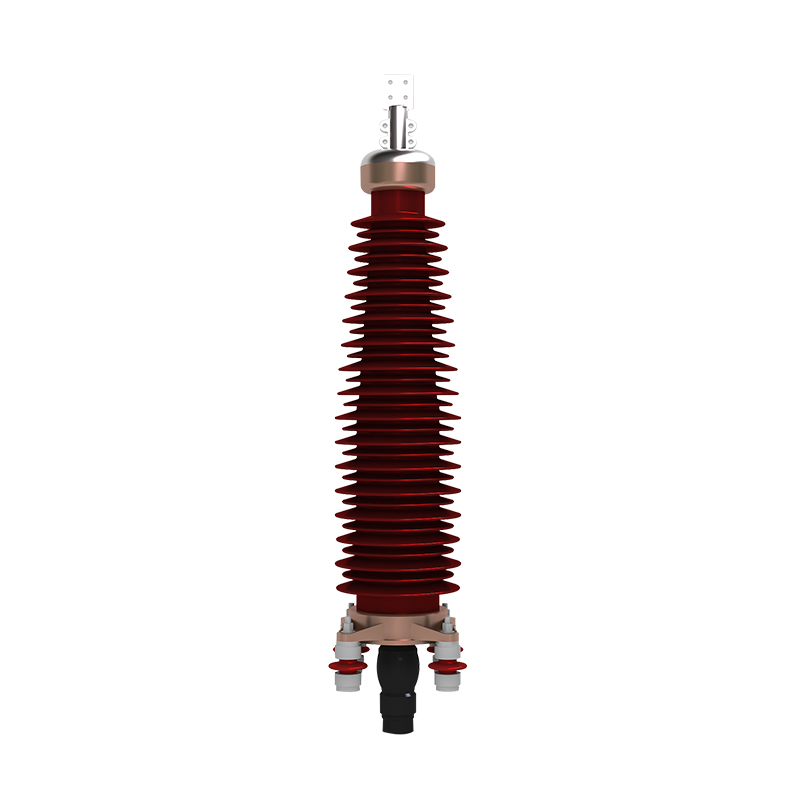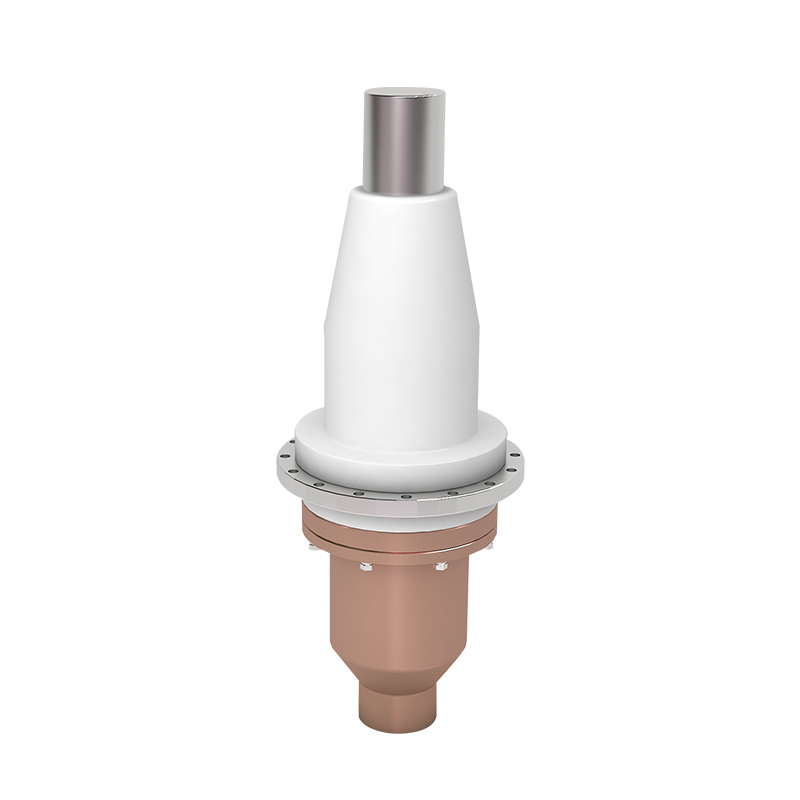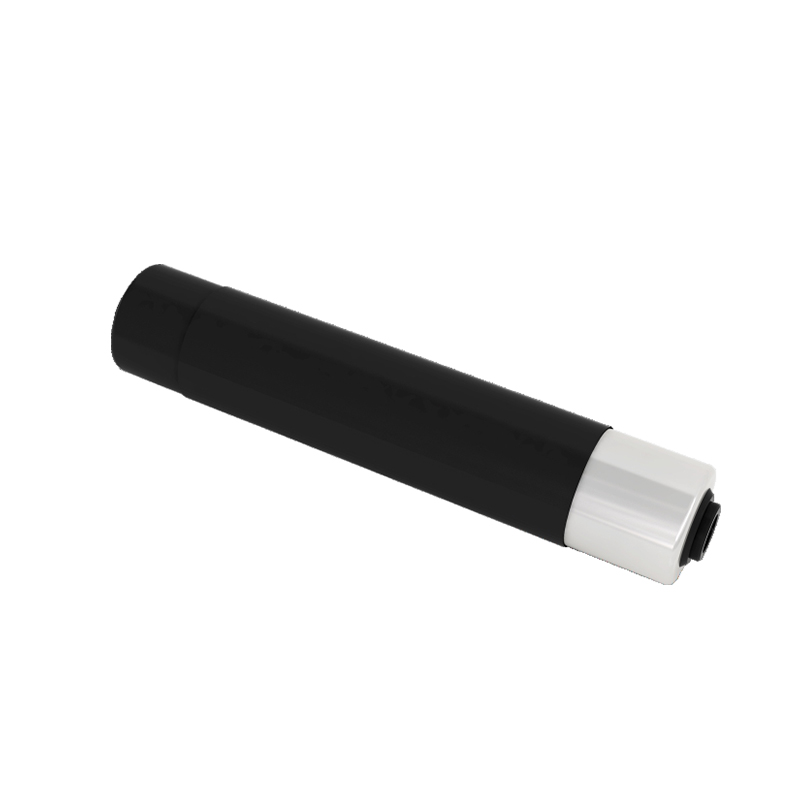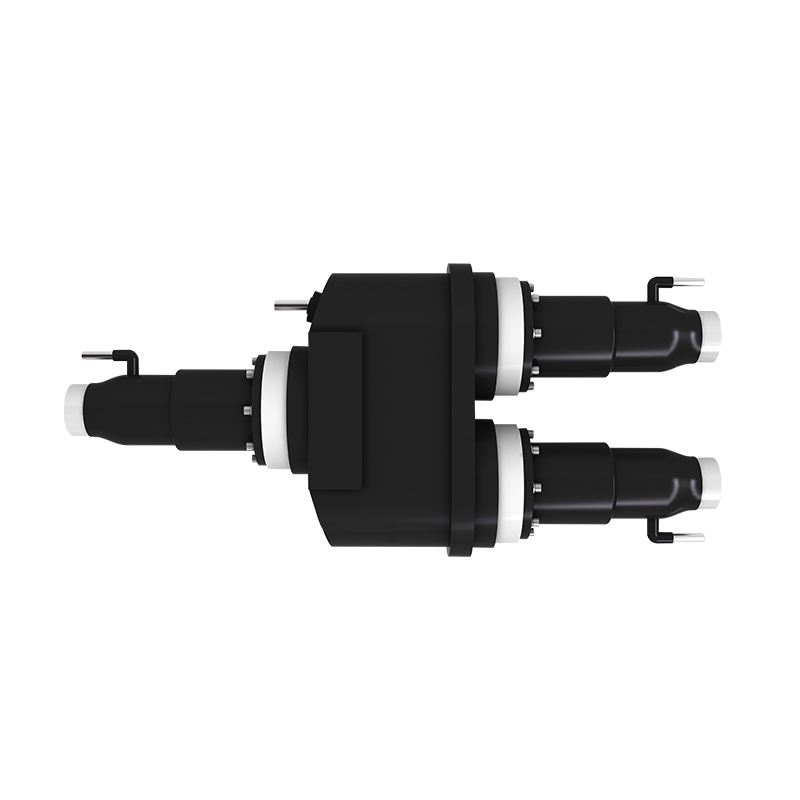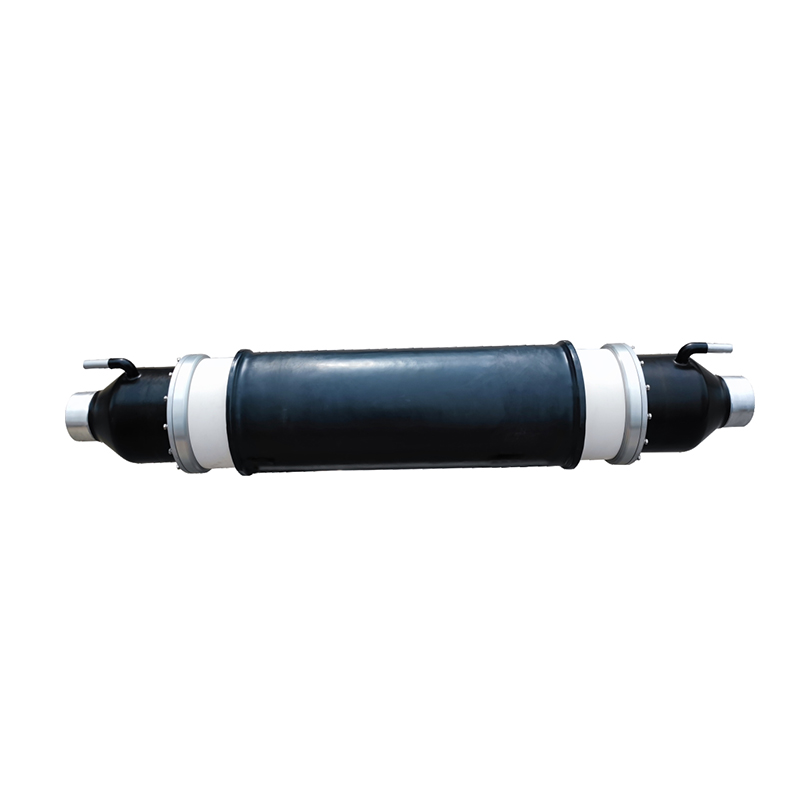Suitability of High-Voltage Capacitor Units for Renewable Energy and Power Storage Systems
The Growing Demand for Reliable Energy Storage Components
With the global shift toward sustainable energy solutions, renewable energy and power storage systems are becoming increasingly vital. These systems require components that can withstand high voltages, offer reliable performance, and support efficient energy management. The High Voltage Capacitor Unit is one such component that plays a critical role in managing energy flow, smoothing voltage fluctuations, and improving overall system stability. Assessing whether these capacitor units meet the stringent demands of renewable energy and storage applications is essential for system designers and operators.
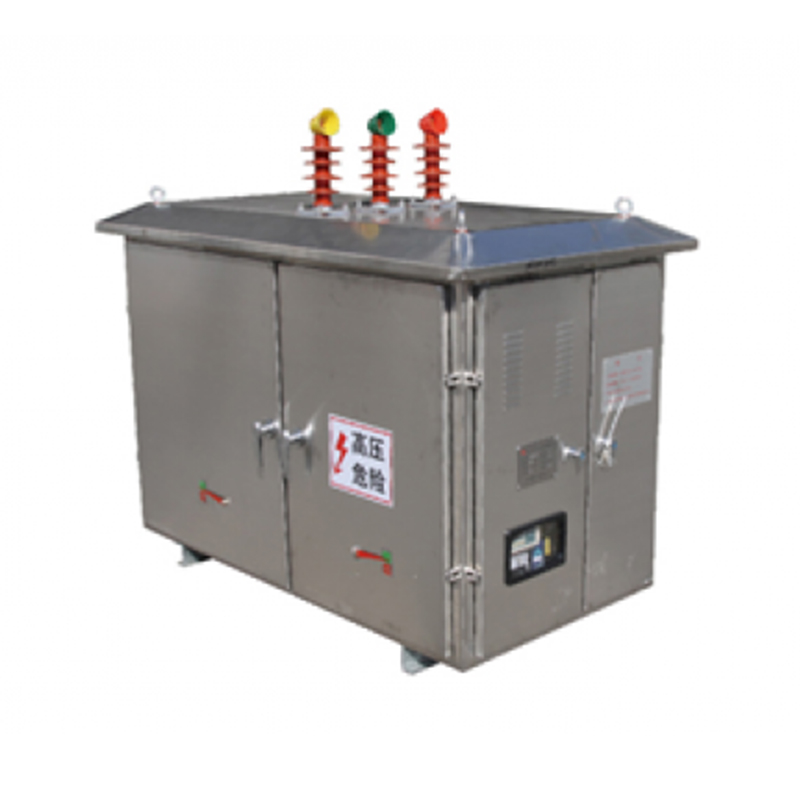
Key Functions of High-Voltage Capacitor Units in Renewable Systems
In renewable energy setups, such as solar photovoltaic arrays and wind turbines, the output power is often variable and intermittent. High Voltage Capacitor Units help stabilize the electrical output by providing reactive power compensation and filtering harmonics. This ensures smoother power delivery to the grid or storage devices. Additionally, in battery energy storage systems (BESS), capacitor units assist in voltage regulation and transient suppression during charge and discharge cycles, enhancing system responsiveness and longevity.
Electrical and Environmental Requirements for Renewable Applications
Renewable energy and power storage environments demand components that can operate efficiently under fluctuating electrical loads and varying environmental conditions. High-capacity units used in these systems must have high dielectric strength to tolerate voltage surges and withstand frequent charging cycles without degradation. They also need to resist temperature variations and exposure to humidity or dust. Capacitor units with robust insulation materials and sealed enclosures are typically better suited for these demanding environments, contributing to long-term reliability.
Advantages of High-Voltage Capacitor Units in Energy Storage Systems
High Voltage Capacitor Units contribute significantly to the operational efficiency of energy storage by reducing energy losses and improving power factor. They enable the systems to handle sudden load changes smoothly, preventing voltage sags or spikes that could damage sensitive equipment. Moreover, their fast response characteristics complement battery systems by absorbing and releasing energy rapidly, thus balancing supply and demand more effectively. This capability supports grid stability and allows renewable installations to meet power quality standards.
Compatibility with Emerging Technologies and Standards
As renewable energy technology advances, compatibility with digital control and monitoring systems becomes crucial. Many modern Voltage Capacitor Units incorporate features that facilitate integration with smart grid infrastructure. This includes real-time diagnostics and remote monitoring capabilities, which help in predictive maintenance and performance optimization. Furthermore, adherence to international standards for safety and electromagnetic compatibility ensures these capacitor units meet regulatory requirements, an important consideration for widespread adoption.
Challenges and Considerations for Implementation
Despite their advantages, some challenges remain in applying High Voltage Capacitor Units in renewable energy and storage systems. The physical size and cost of capacitor units capable of handling very high voltages can be significant, affecting system design and economics. Additionally, ensuring that the capacitor units maintain performance under frequent cycling and variable load conditions requires careful specification and quality assurance. Proper system integration, including protective measures and thermal management, is essential to improve the lifespan and reliability of these components.
Conclusion: High-Voltage Capacitor Units Are Well-Suited but Require Careful Selection
Overall, High Voltage Capacitor Units possess the electrical and mechanical characteristics necessary to support renewable energy and power storage systems effectively. Their ability to stabilize voltage, improve power quality, and respond rapidly to changes makes them valuable in these applications. However, selecting the right capacitor unit requires consideration of the specific system requirements, environmental factors, and compliance with relevant standards. With proper design and maintenance, these capacitor units can significantly enhance the performance and durability of sustainable energy solutions.
Recommended Products
The variety of models, to meet the development needs of various regions in the world.
-
Add: No. 508, Dongye Road, Dongjing Town, Songjiang District, Shanghai
-
Tel: +86-13757652508
-
E-mail: [email protected] [email protected]
 English
English 中文简体
中文简体 русский
русский Español
Español عربى
عربى